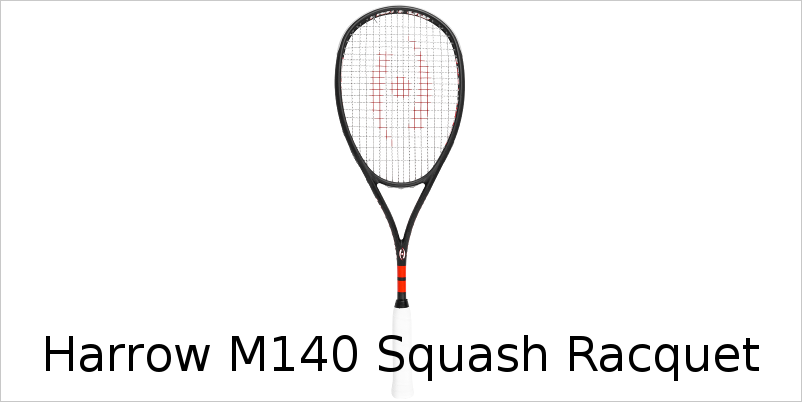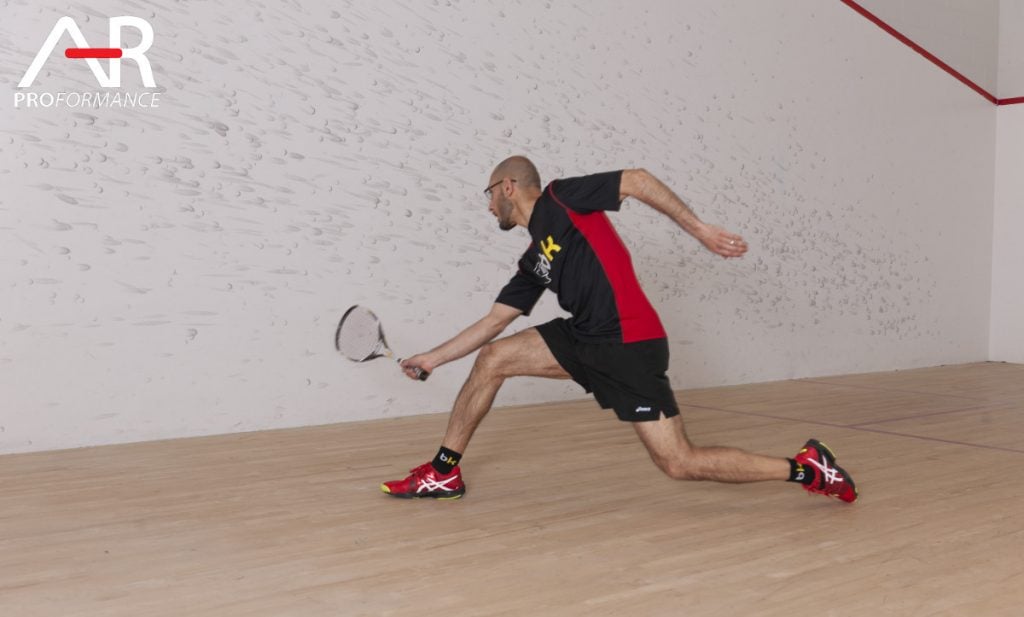Having learned the sport in a relatively "rural" squash area, and now living in the biggest hotbed for junior squash in Canada, the topic of junior development is very interesting to me. I often think about the best ways to groom young players into stars, and try to figure out what key elements make or break a junior's development. Hopefully there are some juniors or parents of juniors reading this!
I firmly believe the most important thing in squash (or any sport) is an ingrained passion for the game. Even with little guidance or access to high-level squash, a player can do very well for themselves if squash is their passion. A huge amount of the necessary training for a junior can be done alone, from solo hitting to ghosting to gym work. Of course, competitive matches and tournament experience are essential, but much of the preparation can be done in solitude. Many young people will not possess this type of vision or discipline, but it is possible. Conversely, kids who are "forced" into squash by their parents and only play under the tutelage of a coach or within the confines of a junior program will often lack the intrinsic motivation to put in the hours required to be a top player.
Unconditional parental support is also important. This point cannot be stressed enough. If your kid is serious about their squash, there will be many ups and downs as they climb the ladder. It is essential to take a result-independent approach as a parent. This means to not emphasize wins and losses, but the long-term process of improvement. It can be easy to get caught up in results and rankings, but if you reward your child for doing things the right way rather than winning at all costs, the long-term benefits will be much greater.
In terms of specific squash development, I feel the most important aspect is learning to think on court. Learning principles of the game through exposure rather than teaching leads to deeper understanding. Playing matches against a wide variety of adults and juniors is a great way to learn these ideas for yourself. Thousands of hours of solo practice also develop an intimate knowledge of angles and spins.
The tutelage of a good coach and structure of junior programs are also great ways to learn the craft, but I think the two most important things are an undying passion for the game and motivation to spend innumerable hours preparing...for future glory!



